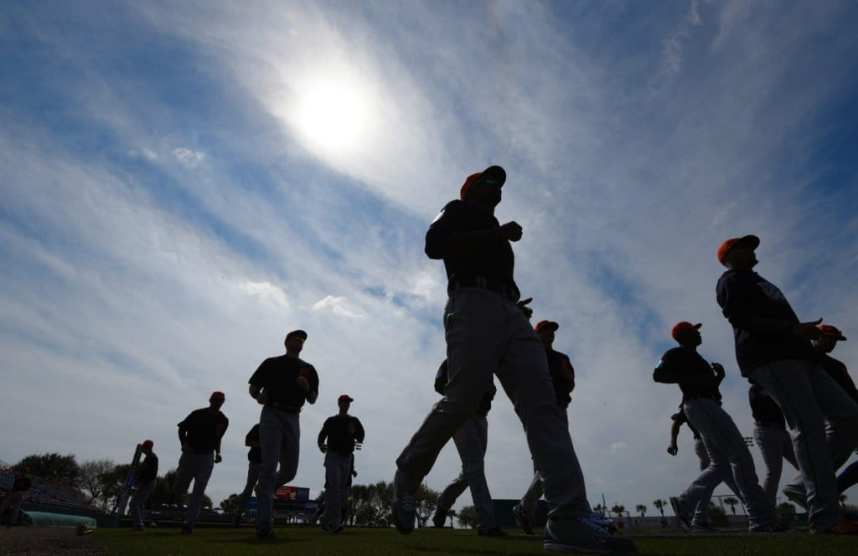
MLB presented the latest economic package, to the MLBPA (players union) on Tuesday, and the news is not good. The union was expecting an economic plan more to their liking, but this offer is worse than the previous one, leading the union to believe the owners are not bargaining in good faith. It should, however, be noted that the plan has not been rejected by the players as they haven’t seen it yet. Evan Drellich of The Atlantic, reports that “I have never seen a collective response like I’m seeing today from the players,†one agent said; “They are livid.â€
Back in March, the players agreed to take a 50% pay cut base on playing half the number of games compared to a regular 162 games season. Then MLB presented a plan to start baseball by July 4th. Still, in this package, the owners including the New York Yankees wanted the players to accept a revenue-sharing plan in addition to the pay cut to share in the losses from having no fans in the stands and the loss of concession revenue. MLBPA Executive Director ex-Yankee Tony Clark proclaimed that plan “dead on arrival.”
The union saw that proposal, as a salary cap, something they have soundly rejected since the 1970s. It should be pointed out that all of the other American sports do have a salary cap, something the union has failed to embrace. The plan, as presented, also did not sufficiently deal with health issues with some players threatening not to play, citing that the risk was too high. MLB addressed that concern with a 67-page health initiative that put forth every way players and workers would be protected.
That left the money issue as the stumbling block that put the negotiation at a standstill. Now in the third week of the talks, this new economic package has been presented. With the union head seemingly very disappointed with the offer, meeting an artificial deadline of June 1 now seems less likely. The sides wanted to solidify plans so that a spring training 2.0 could begin so that teams would have a three to four-week period to train before the regular shortened season could start.
With the revenue sharing proposal dead on arrival, Major League Baseball did not include an economic proposal during its opening presentation to the players’ union on terms to start the coronavirus-delayed season. Now with this new offer, Ken Rosenthal has said sources say the cuts in the plan are “massive.”
Under the proposal, the highest-paid players would take the greatest reduction (a $35 million player would earn a maximum of $7.84 million) and the lowest-paid players the smallest hit (a minimum-salaried player at $563,500 would receive $262,000), sources said. Players and agents viewed the plan as an attempt to divide the union membership based upon income levels and were adamant it would not work.
Meanwhile, individual teams are making cuts of their own. Some teams are furloughing workers and making pay cuts. The Los Angeles Angels and the Oakland Athletics, in particular, have been active in explaining the losses they will endure and what they will do to help offset those losses. The Oakland Athletics informed minor league players today that they would not continue paying them $400 a week after the end of the month, sources familiar with the situation told ESPN’s Jeff Passan.
With the new MLB economic package, another agent said:
“It’s such a shame there is so much distrust on both sides that we can’t be pragmatic adults. There’s no way MLB would think that proposal would get a favorable response from the players. It’s ‘right back at you, screw you.’ And where are we? They’re playing a pretty dangerous game of chicken.â€
According to The Athletic, while the union will not officially reject the proposal until after it consults with players, that outcome seems all but guaranteed.
“We want to play baseball. This pandemic is going to have a profound impact on all of us. Players are willing to make sacrifices and surely will to get back on the field. However, we will not sacrifice our principles or the future generations of players to do so,†said Andrew Miller, a member of the union’s eight-man executive subcommittee.
Negotiations likely need to be near completion next week if baseball is to begin its second spring training in mid-June and its season by early July, as both parties intend. However, that being said, the hard-line approach of the owners is not a good start to make that happen.